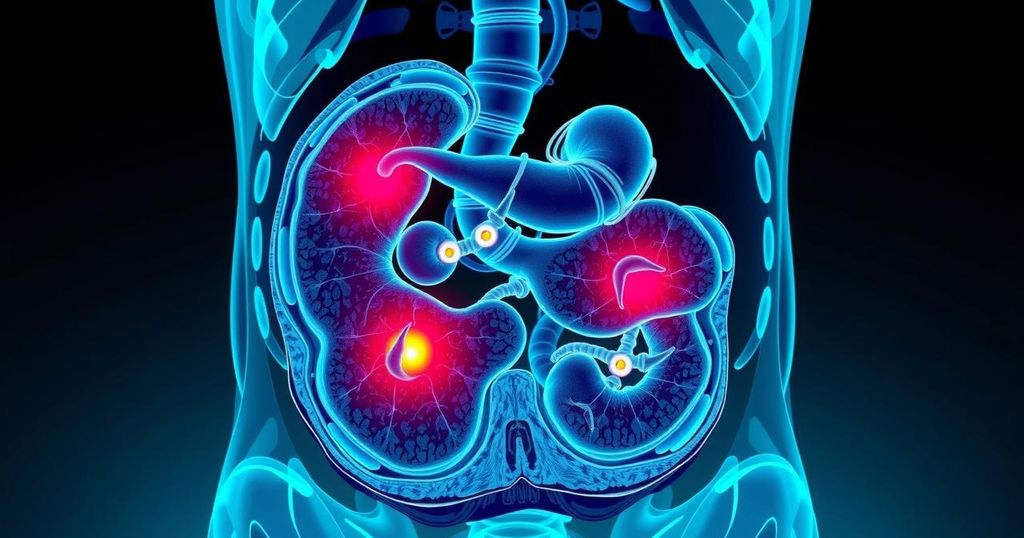Alibaba Unveils Grape AI Model for Early Gastric Cancer Detection
- Alibaba’s Grape AI detects early-stage gastric cancer using CT scans.
- The model significantly outperforms traditional radiologists, showcasing advanced technology.
- Grape is part of Alibaba’s broader strategy to enhance healthcare through AI.
Alibaba Unveils Grape AI for Early Gastric Cancer Detection
Alibaba Group Holding has made headlines with the unveiling of its cutting-edge artificial intelligence model, dubbed ‘Grape’. This innovative tool is designed to detect early-stage gastric cancer using sophisticated three-dimensional computed tomography (CT) scans. Co-created by Alibaba’s Damo Academy alongside the Zhejiang Cancer Hospital, the Grape AI has emerged as a notable breakthrough, boasting the ability to identify gastric cancer more effectively than human radiologists, a detail that certainly raises eyebrows in the medical community.
Revolutionizing Diagnosis: Grape vs. Traditional Methods
The development of the Grape model represents a significant step forward in the realm of medical technology, particularly in cancer diagnostics. Traditional methods for diagnosing gastric cancer typically involve invasive procedures like endoscopies, where cameras and biopsy tools are inserted down a patient’s throat. However, with Grape’s advanced imaging abilities, early detection of stomach cancer might not only become less invasive but also more reliable, as evidenced by research published in Nature Medicine which highlights Grape’s superior performance over radiologists in executing these crucial assessments.
A Broader AI Vision: Alibaba’s Collaborative Efforts
Alibaba’s push into AI doesn’t stop at just gastric cancer detection. Earlier this year, they made headlines for their advancements in pancreatic cancer diagnostics as well, underlining their commitment to tackling critical medical challenges using technology. Beyond healthcare, Alibaba is also seeking to expand its influence in the AI sector broadly. Recently, they introduced the Qwen3 AI models, which could pave the way for collaborations with heavyweights like Apple Inc. Open-sourcing these Qwen models is a forward-thinking strategy aimed at leveraging public development to enhance AI applications while potentially consolidating fines in the burgeoning market.
In summary, Alibaba’s Grape AI model has made a significant impact in the early detection of gastric cancer, showing promise that could transform the field of diagnostics. Coupled with ongoing efforts in pancreatic cancer detection and new AI model releases, Alibaba seems poised to lead the charge in medical technology innovation. Their strategy not only reflects a deep commitment to healthcare but also positions them as a major player in the rapidly evolving AI landscape.




